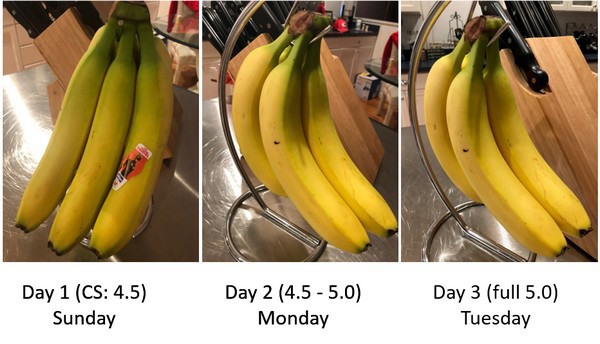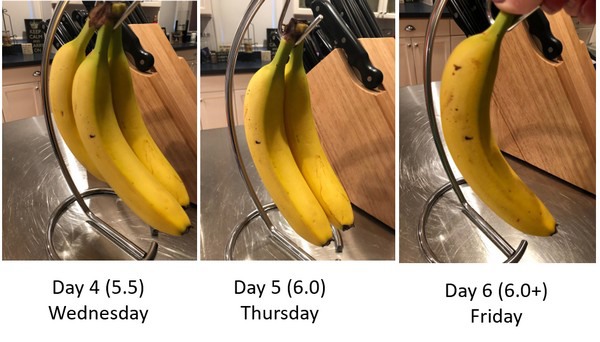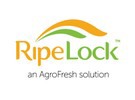The importance of reducing food waste is something that has gained increased recognition and support throughout the past decade. Often, the focus is on encouraging consumers to not buy more products than they can consume. AgroFresh, however, takes a different approach. They have developed a product called RipeLock that slows the ripening process and extends the shelf-life of many different fruits and vegetables, with the goal of reducing food waste.

Narciso Vivot of AgroFresh explains: “Like all organic things, fruits and vegetables go through different stages in their development. In the final stage, they will begin producing a substance called ethylene which will speed up the ripening process. This is something that is common in many different plants, fruits, and vegetables. RipeLock technology leverages a molecule called 1-MCP, which is very similar to the naturally occurring ethylene molecule. 1-MCP attaches to the ethylene receptors and blocks them. This prevents the ethylene from triggering the ripening process. Through this, the respiration rate and the ripening process are slowed down and the shelf-life is extended an average of five to seven days.”

The product is used on ethylene sensitive crops, and applied throughout the supply chain. “Some products go through a ripening process post-harvest, while others do not. For example, for melons and stone fruit, the best time to apply the RipeLock is when the product is ready to be shipped. For bananas and avocados, however, it is a bit different. For these, RipeLock has to be applied at the right time, normally towards the end of the ripening cycle. We work closely with our customers to teach them to recognize when is the optimal time for application,” says Narciso.
RipeLock is AgroFresh’s ready-to-eat solution, and the purpose of the product is to add flexibility and reduce waste in the supply chain for perishable products. Narciso says: “We work side by side with our customers to teach them the best way to apply RipeLock. It is easy to use but there are specific conditions that need to be met for optimal performance. For example, the room needs to be airtight to ensure the optimal efficacy of the application. Many retailers have their own banana ripening rooms, but for avocados this is often left to the supplier. So, we work with both retailers and their suppliers when it comes to the treatment of the fruits.”
The application method is quite simple, Narciso explains. “We insert tablets into a pouch filled with a solution, and then the reaction between the two compounds will have an effervescent effect that will distribute the 1-MCP gas throughout the room. So there is no need for generators, or any other costly equipment. We used to also use a micro-perforated packaging system, but we cut this step out because the RipeLock on its own was already effective enough. This has simplified the logistics – the packaging system is now only used on products that are going to be sold to customers in the packaging, such as broccoli.”
AgroFresh’s main market for RipeLock is in the United States, but they are expanding into other markets. Since they work with customers throughout the supply chain, they have global access. “We could really serve any customer in the world. Our ultimate goal and mission is food waste reduction, and this is of course something that could benefit everyone and needs to be improved on a global scale. We are happy that we are able to do our part by making it easier for both retailers and consumers to reduce the waste of perishable fruits and vegetables,” Narciso concludes.
For more information: 
Narciso Vivot
AgroFresh
https://www.agrofresh.com/contact-us/
